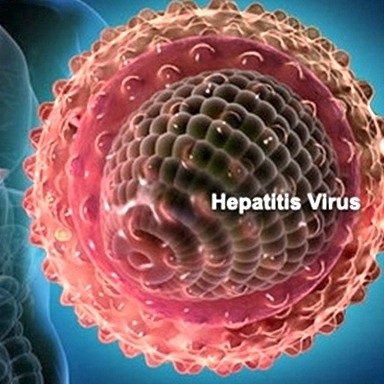Ebola Outbreak: How Prepared is Massachusetts?
Friday, August 01, 2014

As of Thursday, over 700 recent Ebola-related deaths in West Africa had been confirmed, making it the deadliest outbreak in the history of the disease. The U.S. Peace Corps is now evacuating hundreds of its volunteers in the affected countries and two Peace Corps workers are under isolation after having contact with someone who died from the Ebola virus. Now, at least one American is slated to return to the U.S. for treatment, according to the Chicago Tribune.
SLIDES: See Biggest Epidemics in New England History BELOW
The Massachusetts Emergency Management Agency said any issue of a case -- or cases -- of Ebola would be addressed by the Massachusetts Department of Health. "This could be addressed by DPH," said Peter Judge with MEMA.
The Department of Health, when asked if Massachusetts is prepared for an outbreak, who would be in charge, where would people be quarantined, and what could be shut down in the event of a mass outbreak, said the following.
"You should contact the CDC. They issued guidance to hospitals earlier this week and they would be the lead agency," said Anne Roach at DPH, of the Centers for Disease Control and Prevention. "You may also want to contact area hospitals directly as they received the guidance from the CDC."
Governor Deval Patrick's office did not respond to the same set of questions.
CDC on the Record

"Ebola is frightening. It is a dreadful and merciless virus, and this i the biggest, most complex [outbreak] and first time it's been present in this region," said Friedan, of the virus presence in West Africa. "The key means of stopping Ebola is fundamentally doing 3 things -- finding patients, so we can rapidly ID isolate patients, find out their contacts, and keep it from spreading. "
CDC provides a comprehensive overview of Ebola on its website, including a signs and symptoms chart for the hemorrhagic fever, as well as fact sheet and information for living and working abroad. The CDC writes that "symptoms may appear anywhere from 2 to 21 days after exposure to ebolavirus though 8-10 days is most common."
"We also are strengthening each of the countries commitment to limiting travel for people who may have been exposed, airport screening to ensure people who shouldn't be traveling aren't traveling," said Friedan, who noted the CDC was issuing a travel advisory recommending against non-essential travel to Guinea, Liberia and Sierra Leonne.
Friedan continued, "We recognize there are concerns in the U.S. but Ebola has little risk to the general population. "It's important to recognized how it spreads -- if there's little that's reassuring. First, it does not spread between people who aren't sick with it -- so if someone's been exposed, but not sick with severe symptoms....it's body fluids that must be shared that's the infection risk," adding that certain burial rites in Africa are a way of speading it.
In the U.S., Friedan was confident the response to any exposure here would be sufficient. "We would have health departments do fever checks for 21 days for someone who might have been exposed," said Friedan. "There's not a potential for Ebola to spread in the U.S., it's just not in the cards.
States Responses Measured

Last December, the Robert Woods Johnson Foundation along with the Trust for America's Health put out at report entitled "Outbreaks: Protecting Americans from Infectious Diseases," which evaluated states based on 10 indicators.
Massachusetts scored a 5 out of 10, including getting a notch for public health lab reports having the capacity in place to assure the timely transportation (pick up or delivery) of samples 24/7/365 days to the appropriate LRN laboratory.
Massachusetts did not meet the criteria, however, for having public health lab reports having a plan and capacity to handle a significant surge in testing over a six to eight week period in response to an outbreak that increases testing over 300%.
See how Massachusetts scored -- and compare to other states -- for infectious disease preparedness HERE.
Related Slideshow: The History of Disease Outbreaks in New England
Related Articles
- UPDATE: Salmonella Outbreak Linked To Egg Storage
- WARNING ISSUED: HEALTH Investigating Salmonella Outbreak - 13 hospitalizd in RI
- NEW: Parvovirus Outbreak Killing Dogs in Worcester County
- The History of Disease Outbreaks in New England
- Are MA Hospitals Ready for an Ebola Outbreak?
























 Delivered Free Every
Delivered Free Every
Follow us on Pinterest Google + Facebook Twitter See It Read It